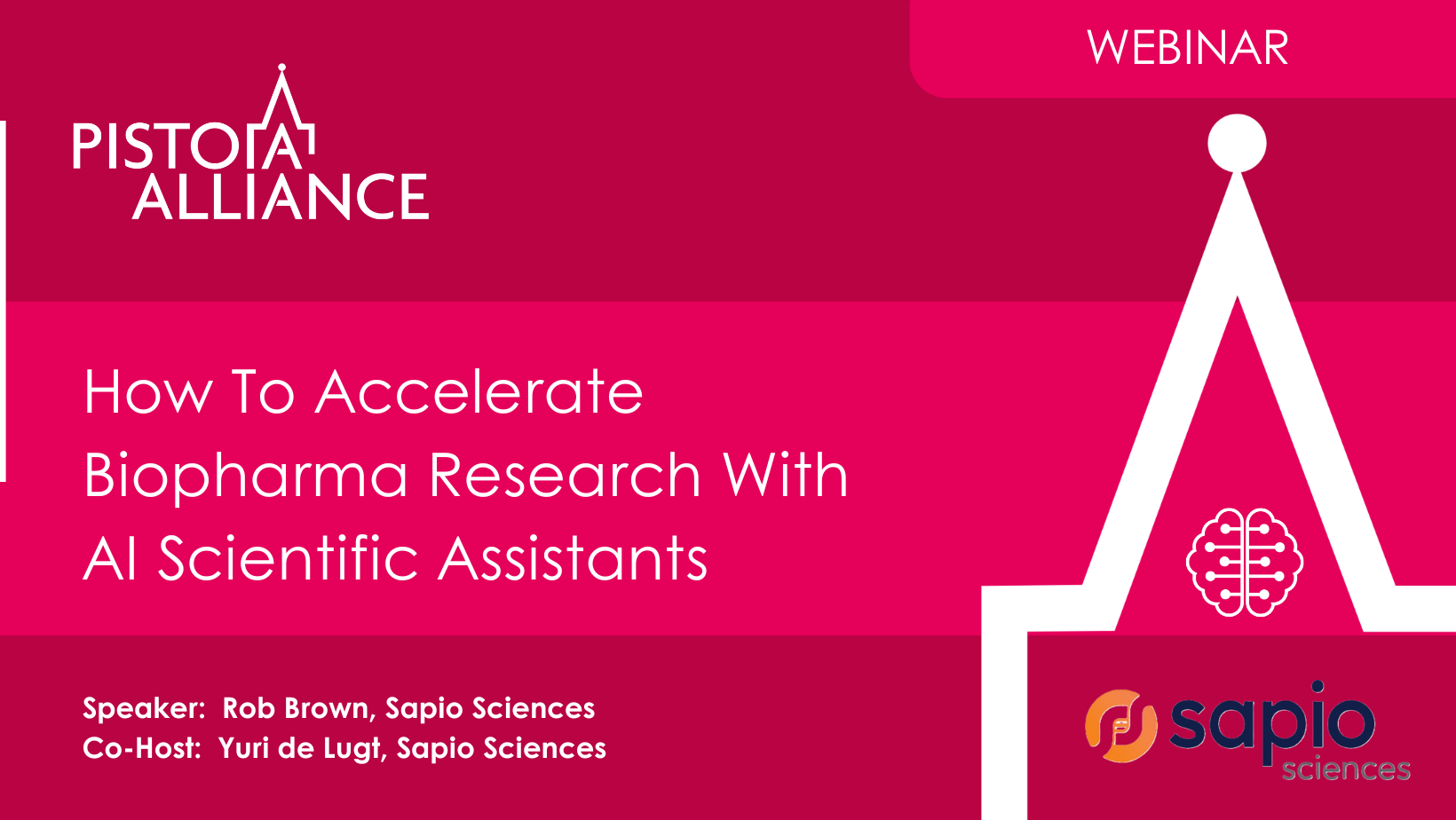Biologics research demands efficient data and sequence management to accelerate antibody discovery. At the computational bottleneck, AI offers transformative potential. Sapio’s ELaiN acts as an AI co-scientist that automates sequence analysis workflows. Running BLAST searches, performing multiple sequence alignments, and optimizing codons for diverse expression systems. By turning bioinformatics labor into rapid, iterative design cycles, ELaiN bridges antibody optimization with intelligent molecular biology automation.
Attendees will learn how this AI-driven approach accelerates therapeutic discovery while preserving scientific insight and experimental decision-making.
Speakers
Veronica DeFelice, Director of Biologic Products
Veronica’s career began in international discovery optimization and identification for biologics before evolving into comprehensive product development spanning discovery through commercialization. She has lent her expertise across diverse sectors, including intellectual property, patents and biotechnology investments, with a specialized focus on biologics, such as antibody discovery and cell and gene therapy, cultivating a rich, multifaceted perspective across industries. Her work centers on product development that bridges biologics and AI, where she artfully integrates technical innovation with strategic product vision. Drawing from her expansive background, she adeptly navigates intricate challenges while pioneering cross-disciplinary advancements across biologic scientific domains. Notably, her therapeutic expertise is exemplified through a patent from Technion University in Israel involving cardiac genetics patterns and a publication from the National Institute of Standards and Technology on 3D collagen fibers and scaffolding standards in cell-to-cell communications.
Rob Brown, Global VP, Head of Scientific Office
Rob Brown is Global VP, Head of Scientific Office Sapio Sciences. Prior to joining Sapio Sciences, he spent eight years at Dotmatics, where he held various positions, including Head of Global Presales and Head of Product Marketing & Product Management. Earlier in his career, he was responsible for product marketing teams for cheminformatics and bioinformatics at Accelrys, SciTegic, and MSI. Rob started his career as a postdoc and later research scientist in the Computer-Aided Molecular Design department at Abbott Laboratories (now AbbVie). He received his PhD in Cheminformatics from the University of Sheffield, UK.

